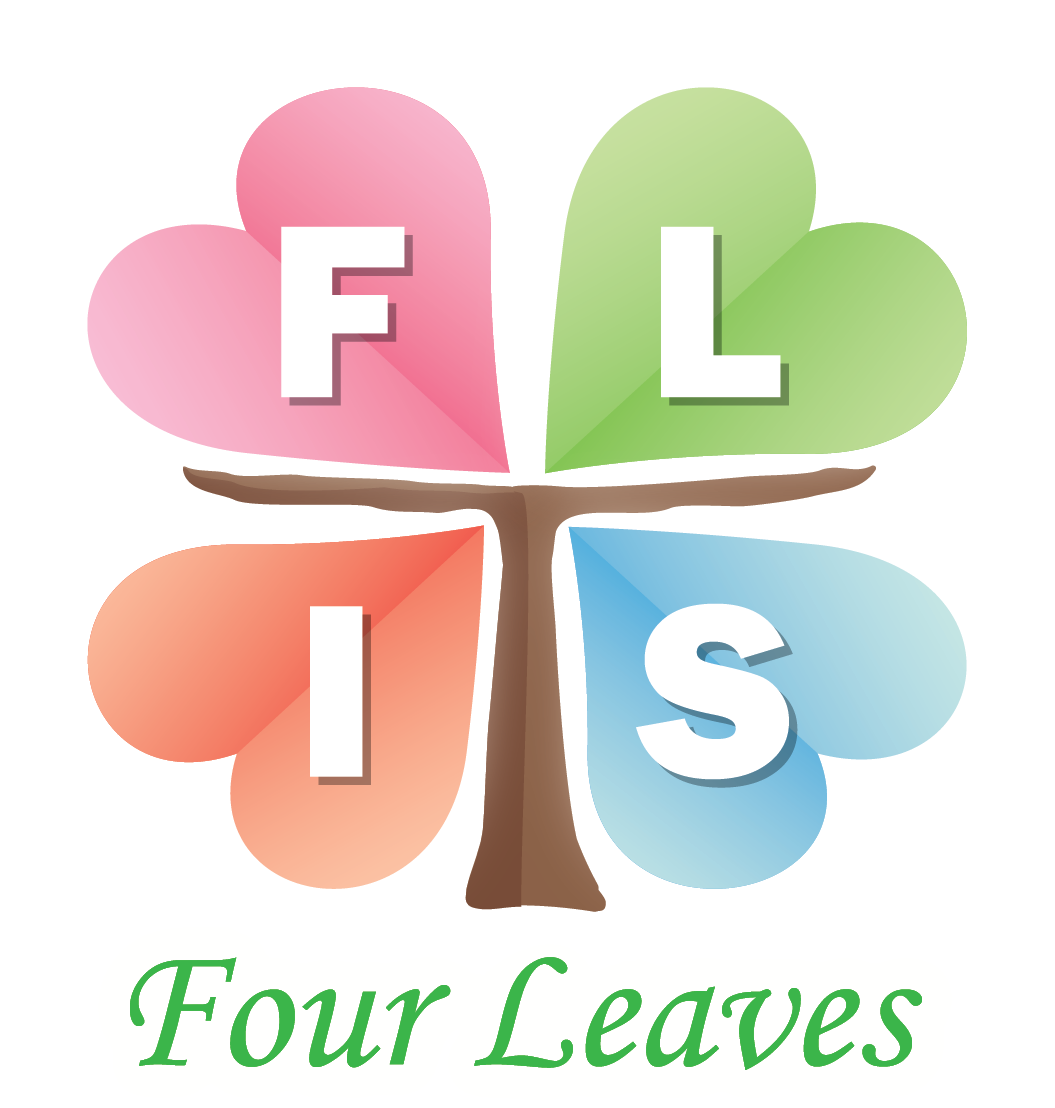The Power of Play: The Surprising Benefits of Play-Based Learning in Early Childhood
At Four Leaves International School Tokyo, we don’t just allow time for play – we earn the time to play and celebrate it. That’s because play-based learning isnt just fun activities; its one of the most powerful ways children learn and grow.
What is Play-Based Learning?
Play-based learning is an educational approach where learning allows children to explore the world around them in a safe and engaging environment, rather than direct instructional methods. Play-based learning allows and encourages children to explore, experiment, and make discoveries, further on developing their critical thinking skills. Play also allows children to learn from and interact with their peers, fostering social and emotional development. Children also learn essential skills without even realizing it through activities like building blocks, drawing, and outdoor play.
The Surprising Benefits of Play
At our international preschool in Tokyo, our children gain benefits through structured and unstructured play:
· Language Growth: storytelling, role play, and conversations during play build strong vocabulary and communication.
· Cognitivie Development: puzzles and games help develop memory, problem solving and critical thinking.
· Social Skills: Playing with peers and friends teaches our kids cooperation, turn-taking and empathy.
· Physical Health: Running, dancing, climbing improve coordination, motor skills and athleticism in children.
· Emotional Resilience: Play provides a safe space to express feelings and navigate through challenges.
Our Approach at Four Leaves
Our classrooms are designed to enspire creativity and exploration. Whether its through sensory activities, experimenting science, or nature walks, we ensure that our students are engaged, curious, and supported in their learning journey.
FLIST students playing with puzzles and patiently waitng for each other to finish, and also playing outside in nature
Our educators observe play time closely, gently guiding the children when necessary to support deeper understanding and connection for the best learning outcome. This blend of child-led exploration and teacher support is at the heart of our international early childhood education.
Final Thoughts
In a world that is constantly changing, the ability to think critically, effectively communicate with others, and regulate emotions is more important than ever. And the journey to developing those skills starts early with play, laughter, adventure, and of course, loving guidance from both parents and educators.
At Four Leaves International School Tokyo, we are honored to be a part of each childs learning adventure, turning playful moments into meaningful growth.


